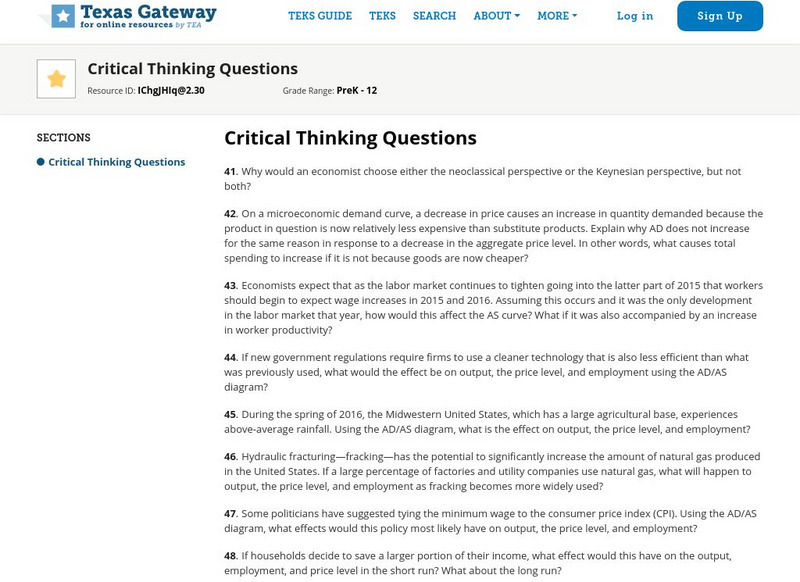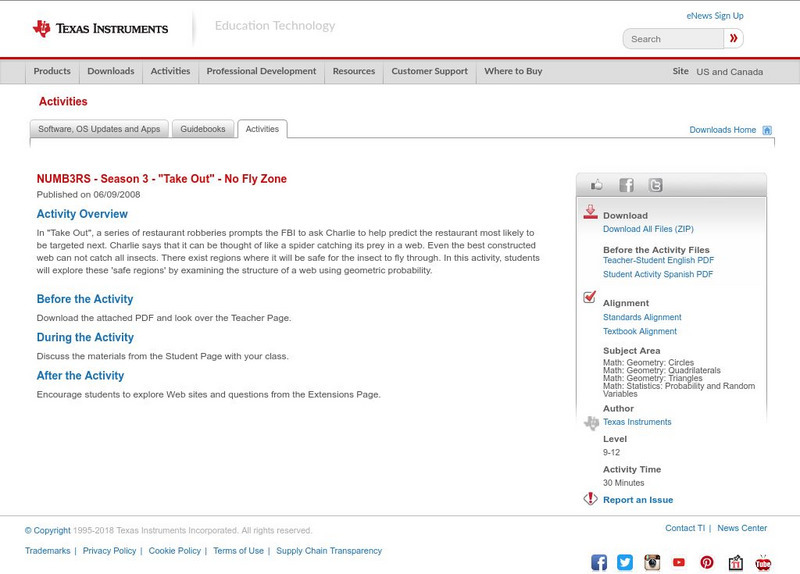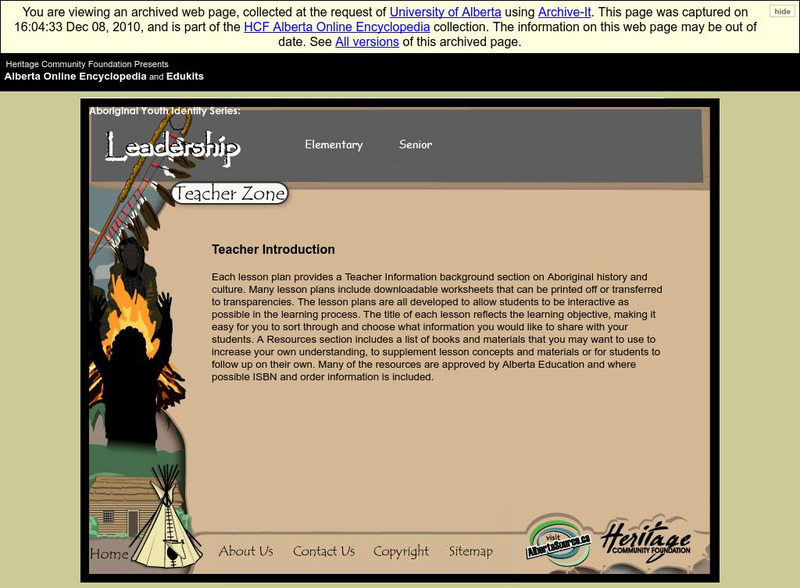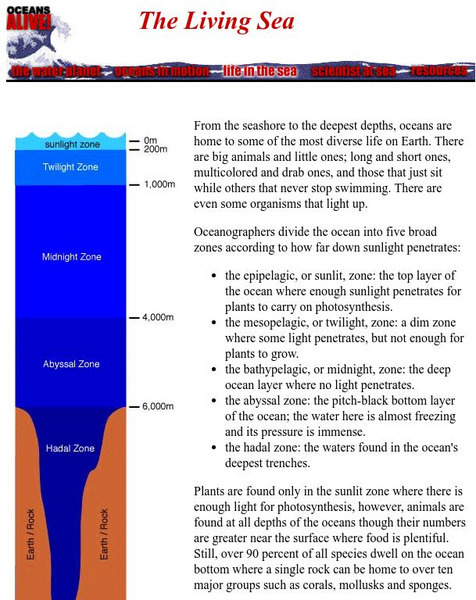Texas Education Agency
Texas Gateway: Ch.10: Aggregate Demand/supply Model: Critical Thinking Questions
This section provides 18 study questions that require critical thinking skills over the content from Chapter 10: The Aggregate Demand/Aggregate Supply Model from the Texas Gateway AP Macroeconomics online text.
Science Education Resource Center at Carleton College
Serc: Subduction Zone Earthquakes
For this lesson, students manipulate a model, consisting of templates on a piece of paper and an overlaying transparency, in order to explore the characteristics of subduction zone earthquakes. In the process, they develop an...
Texas Education Agency
Texas Gateway: 10: Keynes' Law and Say's Law in Aggregate Demand/supply Model
By the end of this section, you will be able to do the following: Identify the neoclassical zone, the intermediate zone, and the Keynesian zone in the AD/AS model and Use an AD/AS model as a diagnostic test to understand the current...
Texas Instruments
Texas Instruments: Texas Instruments: Numb3 Rs: No Fly Zone
Based off of the hit television show NUMB3RS, this lesson has students calculate the probability that a spider web will catch a fly. The webs are modeled as standard geometric figures (circle, rectangle, triangle), and assumptions are...
Alberta Online Encyclopedia
Alberta Online Encyclopedia: Aboriginal Youth Identity Series: Teacher Zone
This website provides educators with an opportunity to learn and teach about Aboriginal Leadership in Canada. The elementary section focuses on identifying Aboriginal role models and heroes such as Bill Reid, Buffy Sainte-Marie, or...
Khan Academy
Khan Academy: What Is Urban Growth?
How were cities formed? This article explains the formation of cities starting from the neolithic revolution to current times. It addresses such topics as urbanization, suburban sprawl, and urban growth models.
Science Education Resource Center at Carleton College
Serc: Lab 7: Nitrates and Phosphates and Algae, Oh My!
A lab experiment, in a series of experiments, that investigates fisheries. In this lab, students test the effects of fertilizers and other pollutants on a model ecosystem. Students also examine 2 years of ocean color (chlorophyll...
Harvard University
Harvard Smithsonian: Everyday Classroom Tools
The focus of this series of lessons is to engage students in an exploration of the world around them. The emphasis is on inquiry as students learn about the earth, sun, light, shapes and more.
Idaho State University
Global Wind Systems [Pdf]
A great description of the global scale circulation and heat energy. Discusses a single-cell model, a three-cell model, jet streams and more.
Museum of Science
Museum of Science, Boston: Oceans Alive: The Living Sea
Find a scale model of the five principal ocean zones, along with additional information.
University Corporation for Atmospheric Research
Ucar: Visualizing Weather and Climate
With visualizations, we can see the entire planet from all angles at once. We can see the invisible - such as water vapor in the atmosphere and the way air flows around the world.








![Global Wind Systems [Pdf] Website Global Wind Systems [Pdf] Website](https://d15y2dacu3jp90.cloudfront.net/images/attachment_defaults/resource/large/FPO-knovation.png)
